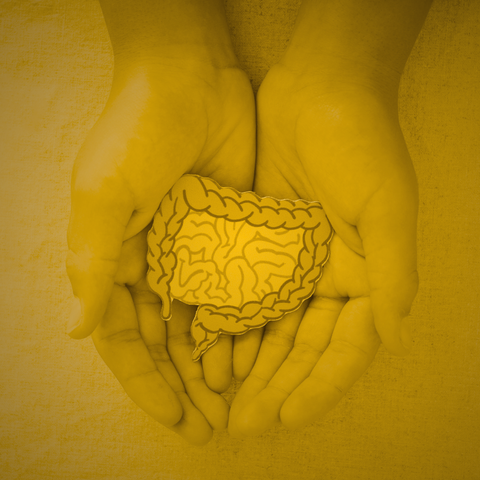Learning & education: nicotine

Imagine your body as a high-performance sports car and testosterone as its horsepower. Many people are looking for ways to boost their testosterone for better energy, muscle, and drive. In this picture, nicotine has been rumored to act like a quick nitrous boost for the engine, a surprising twist, given nicotine’s notorious reputation. Does nicotine increase testosterone, or is this idea just blowing smoke?

This article will explore the current evidence for nicotine’s impact on endurance, exercise recovery, and overall performance.

Far from being just a stimulant that keeps smokers hooked, nicotine plays a role in cognition, neuroprotection, inflammation, circulation, and even pain regulation. But here’s the catch: context is everything. The effects of nicotine depend on dose, delivery, and individual factors, meaning there’s a world of difference between puffing a cigarette and controlled nicotine use.

The gut is often considered the body's "second brain," with roles in mood regulation and immune function that expand beyond its primary job of digestion. It’s perhaps unsurprising that nicotine, the primary active compound found in tobacco products, has been the topic of intense research due to its wide-ranging effects on the body.

In this article, we will examine the background of this relationship, the underlying mechanisms, interactions, and broader consequences of the synergy between nicotine and caffeine.

